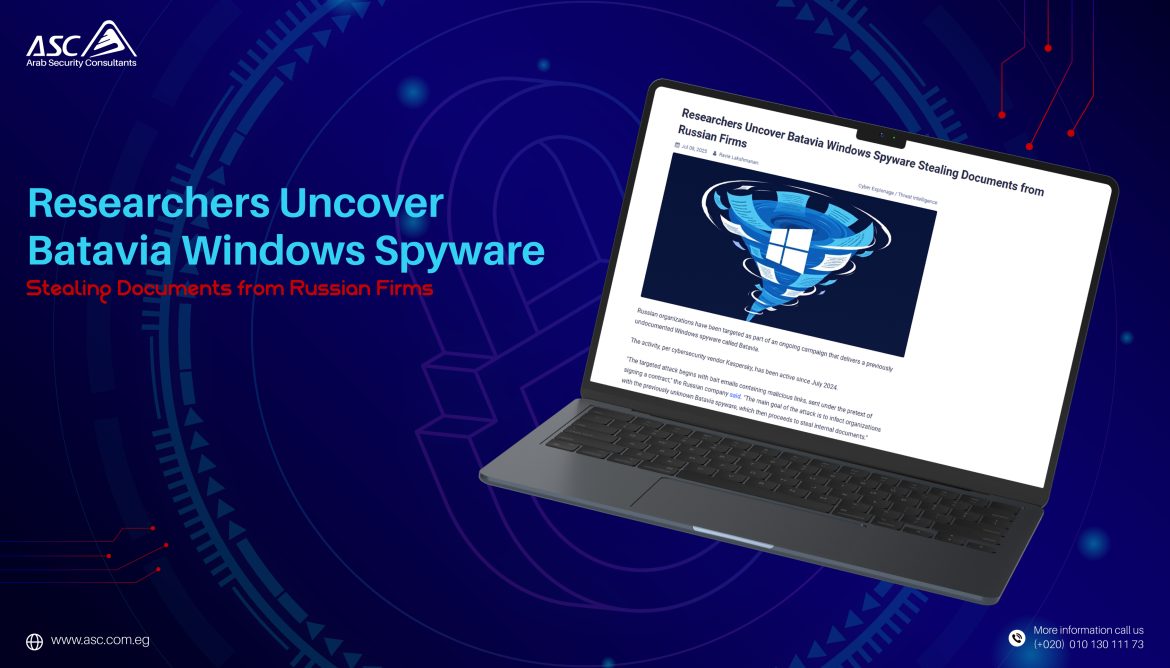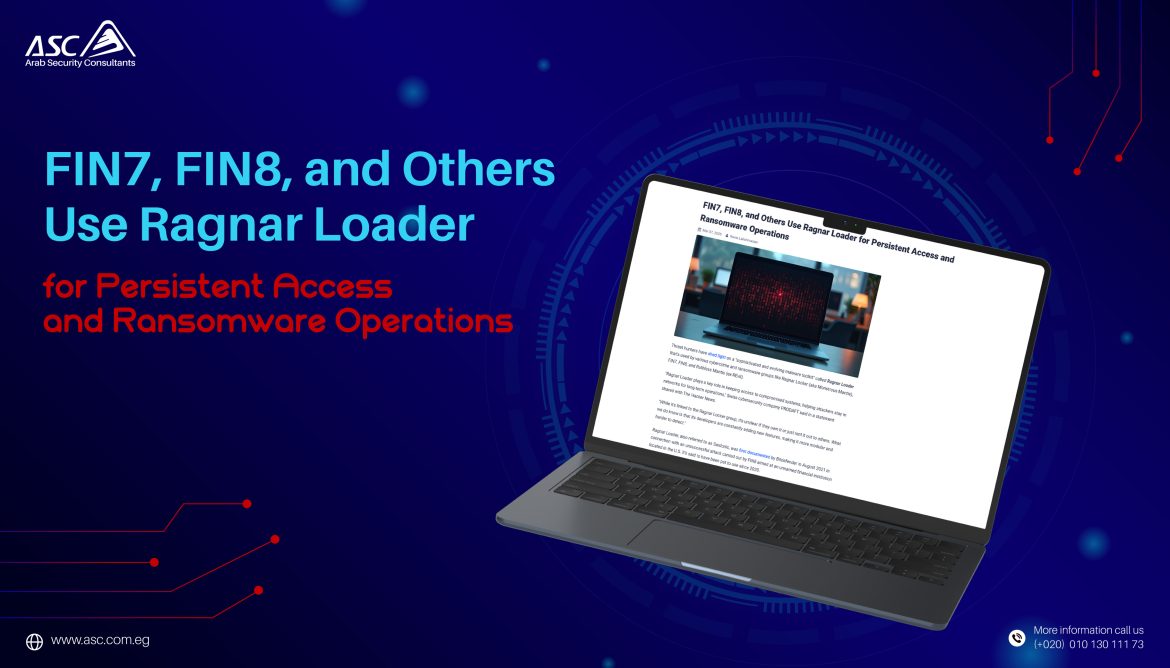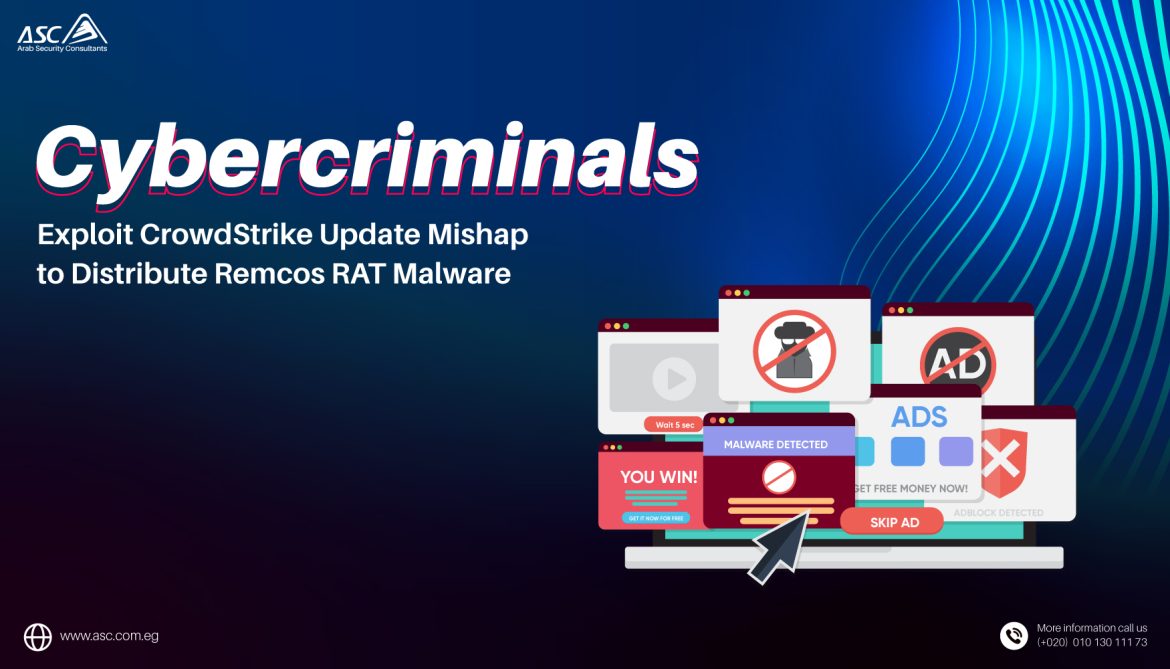Researchers Uncover Batavia Windows Spyware Stealing Documents from Russian Firms
Russian organizations have been targeted as part of an ongoing campaign that delivers a previously undocumented Windows spyware called Batavia. The activity, per cybersecurity vendor Kaspersky, has been active since July 2024. “The targeted attack begins with bait emails containing malicious links, sent under the pretext of signing a contract,” the Russian company said. “The main
- Published in News
FIN7, FIN8, and Others Use Ragnar Loader for Persistent Access and Ransomware Operations
Threat hunters have shed light on a “sophisticated and evolving malware toolkit” called Ragnar Loader that’s used by various cybercrime and ransomware groups like Ragnar Locker (aka Monstrous Mantis), FIN7, FIN8, and Ruthless Mantis (ex-REvil). “Ragnar Loader plays a key role in keeping access to compromised systems, helping attackers stay in networks for long-term operations,” Swiss cybersecurity company PRODAFT
- Published in News
Android’s New Feature Blocks Fraudsters from Sideloading Apps During Calls
Google is working on a new security feature for Android that blocks device owners from changing sensitive settings when a phone call is in progress. Specifically, the in-call anti-scammer protections include preventing users from turning on settings to install apps from unknown sources and granting accessibility access. The development was first reported by Android Authority. Users who
- Published in News
Researchers Uncover OS Downgrade Vulnerability Targeting Microsoft Windows Kernel
A new attack technique could be used to bypass Microsoft’s Driver Signature Enforcement (DSE) on fully patched Windows systems, leading to operating system (OS) downgrade attacks. “This bypass allows loading unsigned kernel drivers, enabling attackers to deploy custom rootkits that can neutralize security controls, hide processes and network activity, maintain stealth, and much more,” SafeBreach
- Published in News
Cybercriminals Exploit CrowdStrike Update Mishap to Distribute Remcos RAT Malware
Cybersecurity firm CrowdStrike, which is facing the heat for causing worldwide IT disruptions by pushing out a flawed update to Windows devices, is now warning that threat actors are exploiting the situation to distribute Remcos RAT to its customers in Latin America under the guise of a providing a hotfix. The attack chains involve distributing a ZIP
- Published in News
Singapore Banks to Phase Out OTPs for Online Logins Within 3 Months
Retail banking institutions in Singapore have three months to phase out the use of one-time passwords (OTPs) for authentication purposes when signing into online accounts to mitigate the risk of phishing attacks. The decision was announced by the Monetary Authority of Singapore (MAS) and The Association of Banks in Singapore (ABS) on July 9, 2024.
- Published in Uncategorized
AI Company Hugging Face Detects Unauthorized Access to Its Spaces Platform
Artificial Intelligence (AI) company Hugging Face on Friday disclosed that it detected unauthorized access to its Spaces platform earlier this week. “We have suspicions that a subset of Spaces’ secrets could have been accessed without authorization,” it said in an advisory. Spaces offers a way for users to create, host, and share AI and machine learning (ML) applications. It also
- Published in News
Experts Find Flaw in Replicate AI Service Exposing Customers’ Models and Data
Cybersecurity researchers have discovered a critical security flaw in artificial intelligence (AI)-)-as-a-service provider Replicate that could have allowed threat actors to gain access to proprietary AI models and sensitive information. “Exploitation of this vulnerability would have allowed unauthorized access to the AI prompts and results of all Replicate’s platform customers,” cloud security firm Wiz said in a report
- Published in News
Hackers Using Cracked Software on GitHub to Spread RisePro Info Stealer
Cybersecurity researchers have found several GitHub repositories offering cracked software that is used to deliver an information stealer called RisePro. The campaign, codenamed gitgub, includes 17 repositories associated with 11 different accounts, according to G DATA. The repositories in question have since been taken down by the Microsoft-owned subsidiary. “The repositories look similar, featuring a README.md
- Published in News
Microsoft Confirms Russian Hackers Stole Source Code, Some Customer Secrets
Microsoft on Friday revealed that the Kremlin-backed threat actor known as Midnight Blizzard (aka APT29 or Cozy Bear) managed to gain access to some of its source code repositories and internal systems following a hack that came to light in January 2024. “In recent weeks, we have seen evidence that Midnight Blizzard is using information initially exfiltrated from our
- Published in News










